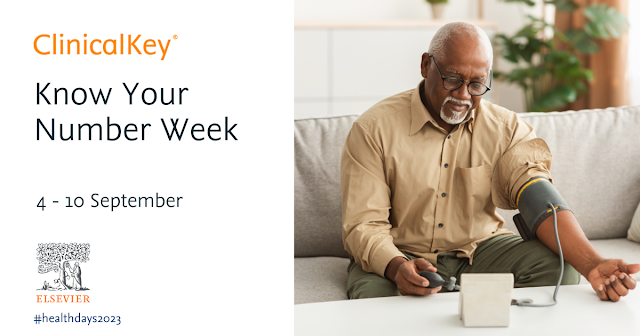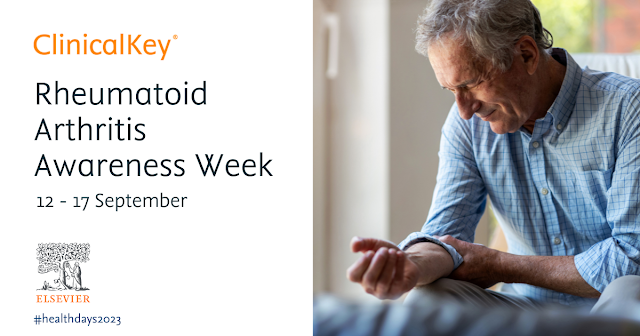What is happening on Clinical Key this month?
Clinical Key is available to UHNM staff via NHS OpenAthens login.
September – World Alzheimer’s Awareness Month
September is Alzheimer’s Awareness Month, and with this comes the reminder that the number of those living with the disease is rising. As researchers continue to look for answers, ClinicalKey is there to support every step of the way. Find out how ClinicalKey can inform you on the latest on Alzheimer research: Alzheimer - ClinicalKey Search
September 4th to 10th – Know your number Week
Know Your Number Week brings awareness to the importance of being mindful of your blood pressure, and to highlight the support you may need. Many living with high blood pressure may not be aware, making the likelihood of heart attacks and strokes higher.
Find out what to look out for when checking your ‘Number’ this week with the following Clinical Overview: Hypertension, Screening and Prevention - ClinicalKey
September 10th– Suicide Prevention Day
Suicide prevention within the healthcare setting is important, and being aware of possible styles of intervention may be key to protecting vulnerable individuals. Take a look at these articles:
September 12th to 17th – Rheumatoid Arthritis Awareness Week
Rheumatoid Arthritis affects around 400,000 people in the UK (NHS, 2023). This awareness week is focused on eliminating misconceptions through education – and empowering those living with RA with information and support.
Find out more about Rheumatoid Arthritis here: Rheumatoid Arthritis - ClinicalKey
September 17th – Patient Safety Day
Patient Safety is the cornerstone to ensuring positive and safe healthcare administration and support for all human beings. Today brings patient safety to the spotlight and highlights the continued need for improvement and eliminating patient harm worldwide.
Feel free to access the Joint Commission Journal on Quality and Patient Safety on your ClinicalKey account.
Need more help?
Just get in touch with the Health Library if you need any help accessing Clinical Key.





Comments
Post a Comment